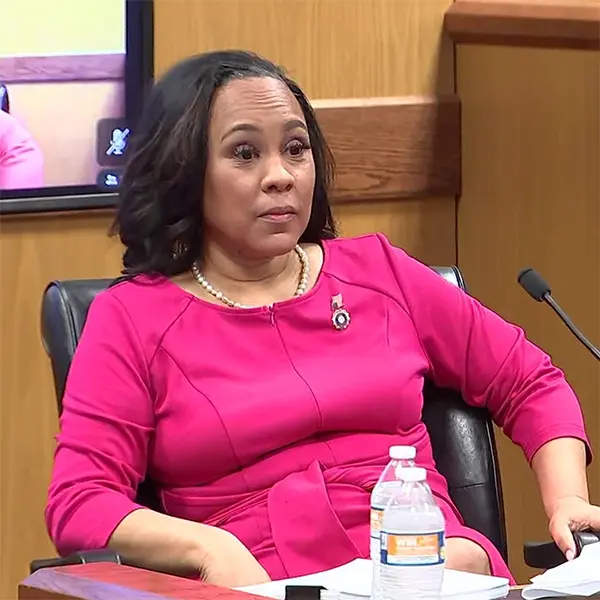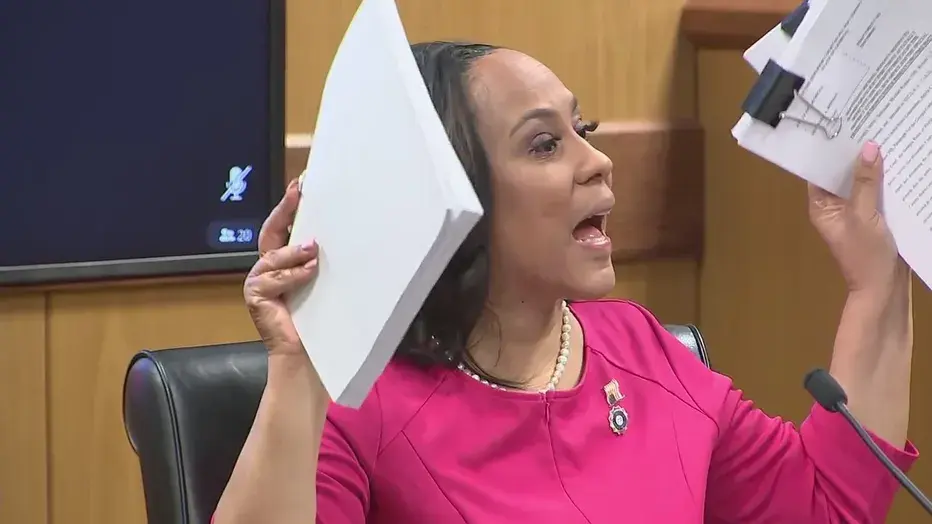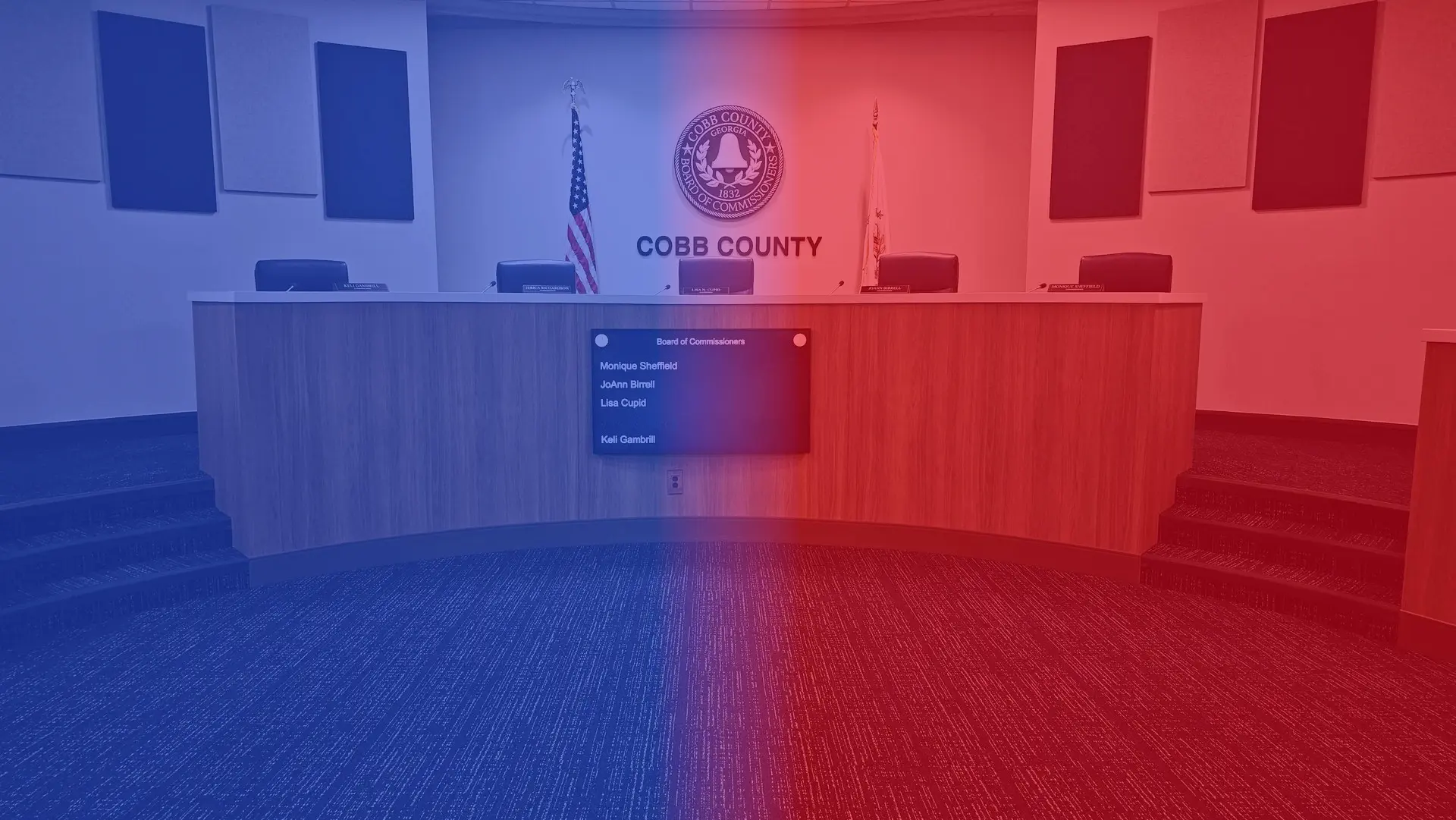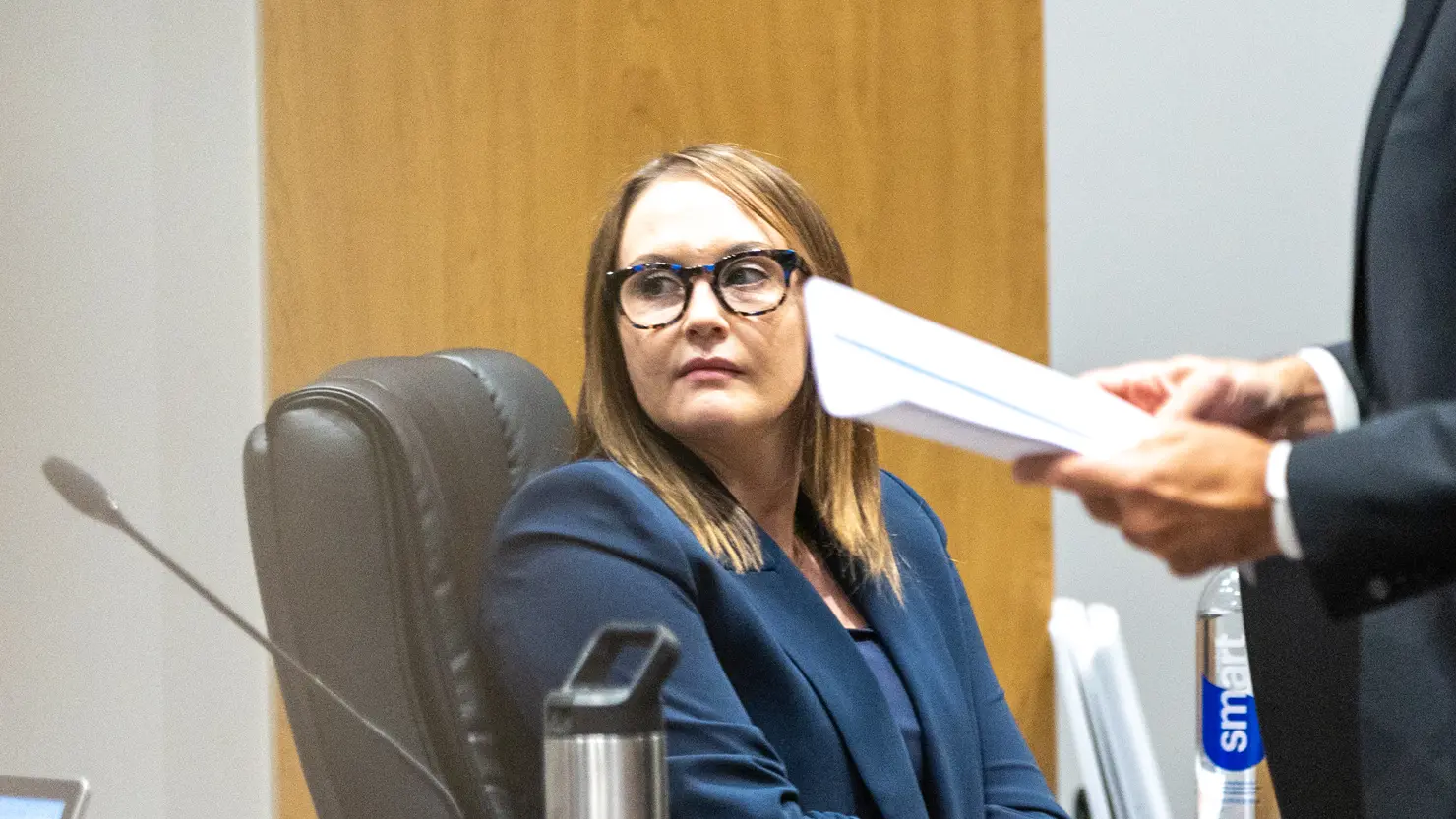Fulton County District Attorney Fani Willis is facing increasing legal scrutiny after two separate judges in Georgia ruled against her office for failing to comply with open records laws.
In the most recent case, Fulton County Superior Court Judge Rachel Krause found that Willis’ office had been “openly hostile” to open records requests and lacked good faith in handling them. The judge ordered the Fulton County D.A.’s office to pay over $54,000 in attorneys’ fees and turn over all requested records.
Separately, in a second legal setback, Judge Robert C.I. McBurney ruled that Willis falsely denied possessing records of her communications with federal Trump prosecutor Jack Smith and ordered her to release 212 pages of related documents.
Judge: Willis’ Office “Openly Hostile” to Public Records Law
Judge Krause’s ruling stems from a lawsuit brought by Cobb County criminal defense attorney Ashleigh Merchant, who sought records related to hiring practices and confidentiality agreements within the Fulton County D.A.’s office. Merchant represents Michael Roman, one of the 19 defendants originally indicted alongside former President Donald Trump in Willis’ 2020 Georgia election RICO case.
The court found that Willis’ office violated Georgia’s Open Records Act and mishandled Merchant’s requests in a way that suggested a lack of good faith. As a result, Judge Krause ordered Willis’ office to pay $54,103.23 in attorneys’ fees and comply with all outstanding document requests within 30 days.
The judge also placed direct responsibility on Willis, writing:
“Ms. Willis, as the elected District Attorney, is the ultimate custodian of her office’s public records.”
Separate Ruling Finds Willis Falsely Denied Records of Jack Smith Talks
In a separate ruling, Judge Robert C.I. McBurney delivered another sharp rebuke to Willis after finding that she falsely denied having records of her office’s communications with federal prosecutor Jack Smith, who was leading a separate case against Trump.
The lawsuit, brought by the watchdog group Judicial Watch, sought records of any coordination between Willis and Smith regarding their cases against Trump.
Initially, Willis claimed no such records existed. But after Judicial Watch sued and won a default judgment, her office admitted it did, in fact, have documents—after at least five separate searches.
“Plaintiff sued and has since secured a default judgment against defendant, who, it turns out, does have responsive records,” McBurney wrote. “After several non-searches, one court order, and at least one actual search of unknown thoroughness, defendant revised her answer to, in essence, ‘I do have records, but you can’t have them.’”
Now, the judge has ordered Willis to turn over 212 pages of related documents and provide details on how they were found and why they were withheld. After reviewing the materials, McBurney will determine which must be released.
This is the second time Willis has been penalized in this case. An earlier ruling required her to pay Judicial Watch’s legal fees after she initially denied the existence of records—only to later claim that some did exist but were exempt from disclosure.
Judicial Watch President Tom Fitton criticized the ongoing legal battle, stating:
“Fani Willis can’t be trusted. Every time we go back to court, there are new excuses and new documents that she said never existed.”
Growing Questions About Transparency and Accountability

These latest rulings come as Willis remains at the center of one of the nation’s most politically charged legal battles. The involvement of Judicial Watch, a federal judge’s order to release Smith’s communications with Willis, and now two separate rulings against her office raise more serious questions about transparency in the Fulton County D.A.’s handling of public records. Combine these rulings with all the other allegations of impropriety and misconduct by Fani Willis which lead to her being removed from the Trump case altogether, it begs the the question as to why aren’t our state leaders taking any real action?
Why hasn’t the Senate Special Committee on Investigations, armed with subpoena power, forced Willis to testify about whether she did anything wrong in her investigation and prosecution of President Donald Trump and others?
The committee’s lackluster efforts thus far have disclosed little that wasn’t already known about Willis and her hiring of special prosecutor Nathan Wade, with whom she had a romantic relationship, to lead the prosecution against Trump and others, and her collusion efforts with the Biden Administration to prosecute a presidential political candidate.
Why hasn’t the new Georgia Prosecuting Attorneys Qualifications Commission (PAQC), establish and signed into law by Governor Brian Kemp in 2023, taken any action against D.A. Willis.
What are they waiting for? What are they afraid of?
The PAQC “has the authority to investigate alleged misconduct by district attorneys and solicitors-general and discipline, remove, or cause the involuntary retirement of those who meet the conditions for removal.”
Senate Bill-92 establishes grounds for the removal including: willful misconduct in office, and willful and persistent failure to carry out statutory duties.
Two grounds on which Willis could clearly be found guilty of.
Is the PAQC waiting for someone to file an official complaint? Really?
The silence from non-action and failed efforts from state leaders on the obvious and documented misconduct by Willis is booming loud and clear. While Cobb Democrats are busy honoring Willis at fundraiser galas and showering her with thousands of dollars in campaign contributions, we the people are waiting. Waiting for justice and real action.
It’s time for Willis to be held accountable. It’s time for the Georgia Republican leadership to stand up and take actions to have D.A. Willis removed from office.
We the people are tired of waiting…







